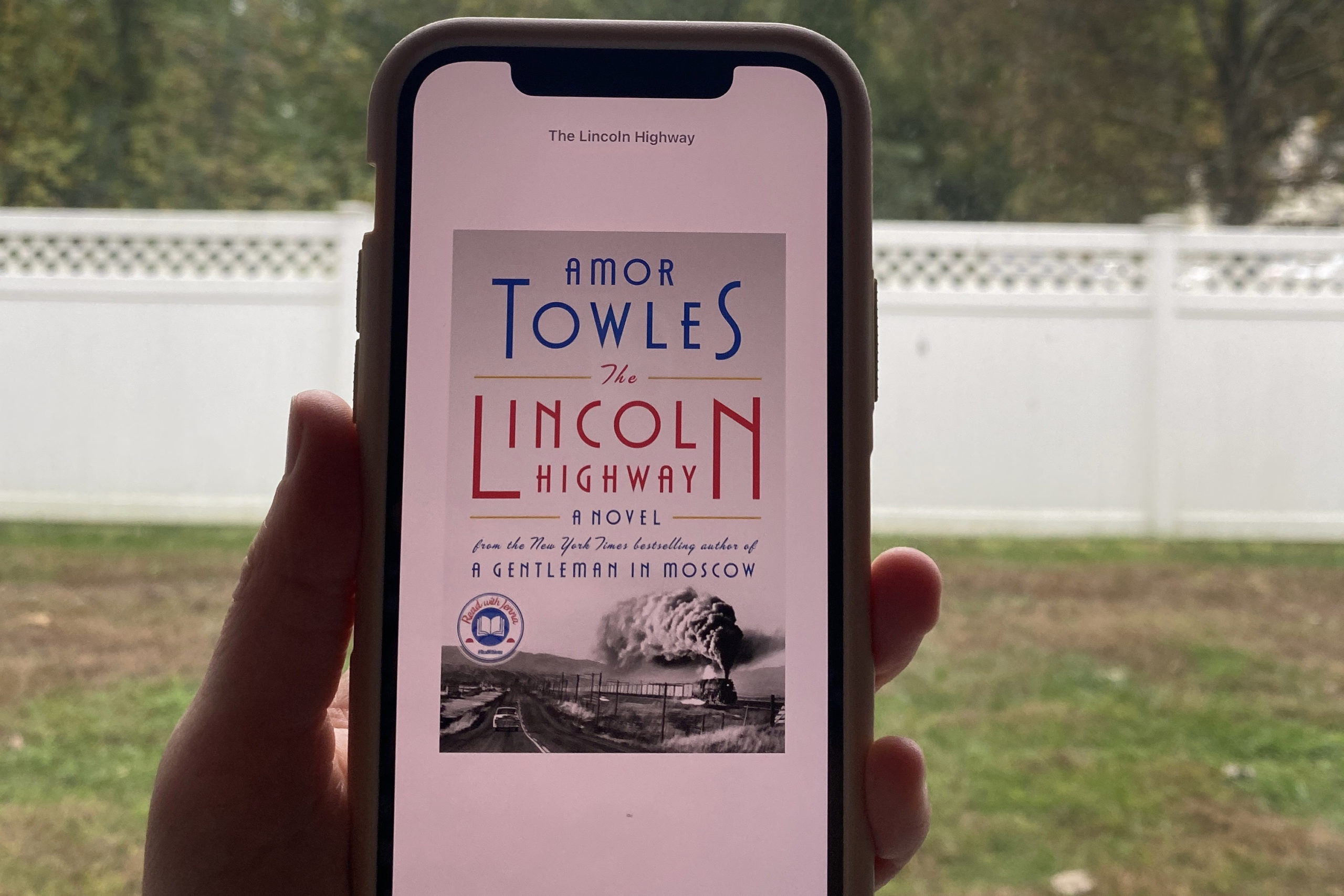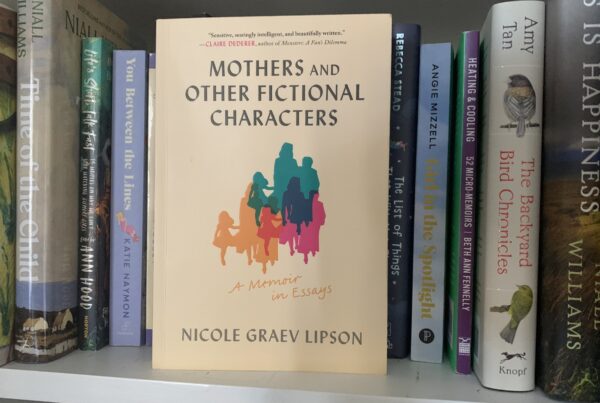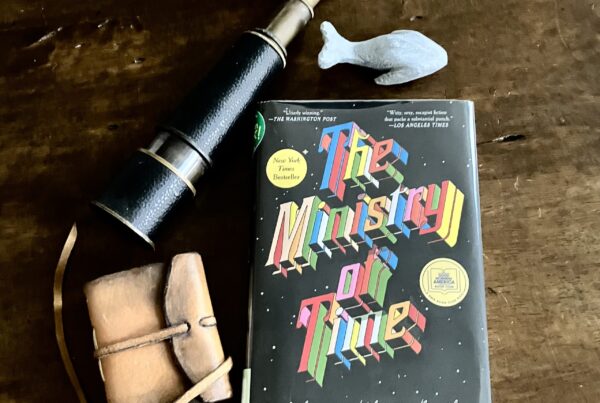While reading The Lincoln Highway, I couldn’t help but feel like I was back in my college campus center with Chaucer’s The Canterbury Tales cracked open, my highlighter poised, already behind for lecture. Indeed, the path that 18-year-old Emmett Watson and his young brother Billy take along America’s first coast-to-coast highway after the death of their father feels like a pilgrimage to the holy land. It’s their American Dream, their chance for adventure and renewal. The characters—which include Duchess and Woolly, two delinquent friends of Watson’s that join them on the adventure— take turns narrating the chapters, adding to the Chaucer-esque feel.
Each has his or her own reason for making the journey, but journey they must. Almost immediately, however, plans go awry, and instead of heading west to San Francisco, the group heads for New York City.
Author Amor Towles, who also wrote Rules of Civility and A Gentleman in Moscow, takes readers on a 10-day trip that makes frequent pit stops for his characters’ back stories and terse dialogue worthy of a Hemingway novel. Conversations are deceptively simple, but purposefully so. The unspoken heartbreak, humor, and love are perfectly apparent in Towles’ characters. There is no need for superfluous interactions.
Set in the 1950s, scenes carry with them that easy, reminiscent cadence of the “before times”—days punctuated by the simplicity of a road trip. Lives are uncomplicated by cell phones, the internet, and electric vehicles. Instead, we drive behind the wheel of a Studebaker with a folding map clutched in our hands, listening to Emmett or Duchess or Woolly talk about the world they see in front of them.
Despite presenting as a “Western adventure” novel, the book subverts this category and the idea of Manifest Destiny. You don’t have to go out west to find a new start, the story seems to say. The trip to New York extricates Emmett and Billy from their father’s debts and the dark cloud that hangs over Emmett’s past in their hometown of Morgen, Nebraska. It’s a trip that brings the two brothers close despite a ten-year age gap and Emmett’s stint on a juvenile work farm. It’s an adventure worthy of a Turner Classic Movie weekend lineup.
In an interview with NPR, Towles explains his choice for a novel that hinges on a trip in an old car: “We all have had the experience that when we are driving, when we’re in a journey of any kind, what we’re paying attention to shifts dramatically from our normal daily life, right? We automatically see the world a little bit differently. Parts of it we see more closely. Parts of it sort of fade into the distance as we’re moving towards whatever our destination is.”
And this is exactly what happens.
The plot moves slowly at first, as though the reader is sliding into the driver seat, motoring through never-ending stretches of midwestern farmland. Then the narrative picks up speed as we hear from more characters, hopping on trains and scurrying after the promise of hidden treasure in an old family home. Small sparks of memory yield longer stories. Along the way, as with any great adventure novel, the boys meet new people and forge unexpected friendships. Most importantly, Emmett and Billy watch their past fade into the background, just as Towles promised. They’re given a fresh start and their very own American Dream.




